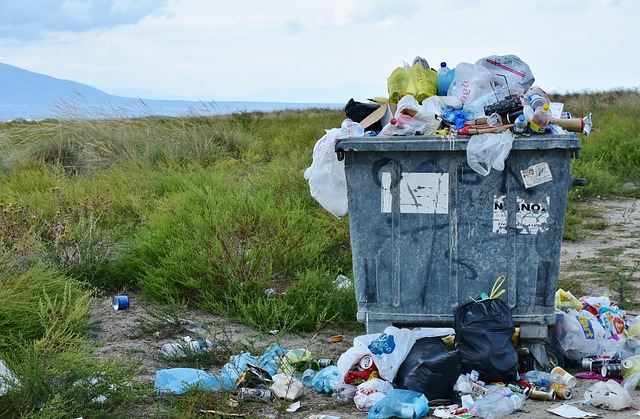The Impact of Selective Waste Collection on Transport Sustainability and Rural Development
In our increasingly urbanized world, the importance of sustainability in transportation has never been more pronounced. However, for many rural communities, the concept of selective waste collection can be a game changer, influencing not only environmental practices but also the very essence of rural development.
Selective waste collection involves sorting waste at the source, thereby facilitating recycling and reducing the amount of waste going to landfills. This practice is particularly vital in rural areas where resources may be limited, but the potential for positive change is immense. By reducing waste, rural communities can foster a more sustainable transport system; the less waste produced, the lower the carbon footprint of transporting and managing it.
Enhancing Transport Sustainability
Transport sustainability refers to developing systems that meet our needs without compromising future generations’ ability to meet theirs. In rural regions, implementing selective waste collection can lead to significant reductions in the necessary transport of waste to distant landfills. This decreased transportation demand not only reduces emissions but also lessens the wear and tear on local roads, saving money and resources in the long run.
By optimizing waste management practices, rural communities can invest in cleaner, more efficient vehicles and infrastructure. For instance, the funds saved from reduced waste transport can be redirected into public transport options, promoting mobility for all residents. Imagine the ripple effect when a local bus service, serving freshly sorted areas, becomes more efficient, linking communities and reducing isolation.
Fostering Rural Development
Beyond the environmental implications, selective waste collection plays an essential role in driving rural development. Engaging communities in waste management initiatives empowers residents and fosters a sense of ownership over their environment. It encourages local entrepreneurship as well, from creating jobs in recycling to opening businesses that focus on sustainable practices.
Moreover, educational programs surrounding selective waste collection can raise awareness and showcase the importance of sustainability. As knowledge grows, communities can create cultural shifts toward greener practices, ultimately leading to a more resilient and self-sufficient populace. Rural development is not just about roads and buildings; it’s about cultivating a community that thrives on sustainability and responsibility.
The Road Ahead
As we look toward a future that embraces both transport sustainability and rural development, selective waste collection stands out as a vital practice. It serves as a powerful reminder that even the smallest actions—sorting waste at home—can have wide-reaching effects. By committing to sustainable practices, rural communities can pave the way for a brighter, more sustainable future.
The journey may begin with a simple decision at home but can lead to a transformative impact on our transport systems and the overall health of our rural landscapes. Together, as stewards of our environment, we can create a sustainable legacy for generations to come.




